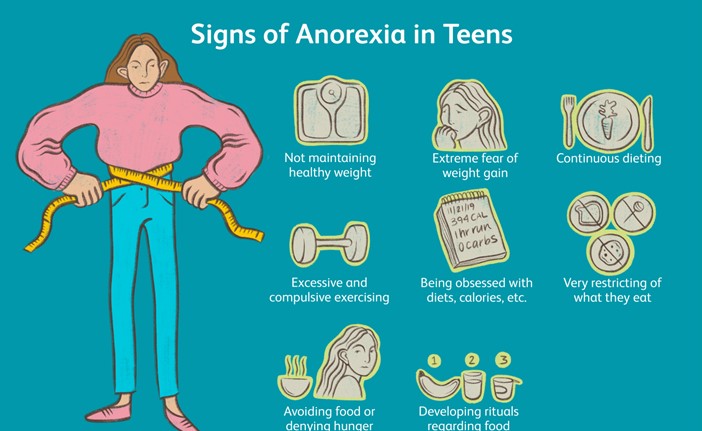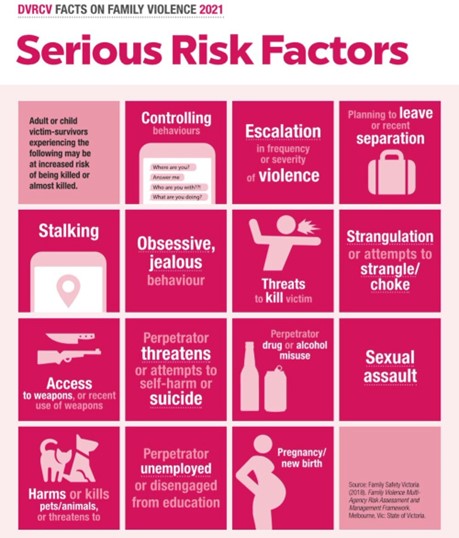A nurse is collecting data from an adolescent client who has anorexia nervosa. Which of the following findings should the nurse expect?
Hyperkalemia
Tachycardia
Constipation
Metrorrhagia
The Correct Answer is C
Constipation. Constipation is a common symptom of anorexia nervosa, as it can result from severe food restriction, dehydration, electrolyte imbalance, or laxative abuse. People with anorexia may also experience abdominal pain and bloating due to constipation.

Choice A. Hyperkalemia. Hyperkalemia is a condition of high potassium levels in the blood. It is not a typical symptom of anorexia, as people with anorexia tend to have low potassium levels due to vomiting, diuretic use, or inadequate intake.
Hyperkalemia can cause irregular heart rhythms, muscle weakness, and paralysis.
Choice B. Tachycardia. Tachycardia is a condition of fast heart rate. It is not a common symptom of anorexia, as people with anorexia tend to have bradycardia, which is a slow heart rate. Bradycardia can result from starvation, dehydration, or electrolyte imbalance and can lead to cardiac arrest. Tachycardia can occur in some cases of anorexia due to dehydration, anxiety or refeeding syndrome.
Choice D. Metrorrhagia. Metrorrhagia is a condition of irregular or excessive bleeding between menstrual periods. It is not a usual symptom of anorexia, as people with anorexia tend to have amenorrhea, which is the absence of
Nursing Test Bank
Naxlex Comprehensive Predictor Exams
Related Questions
Correct Answer is C
Explanation
"I watch the television in my bedroom to help me sleep." This technique requires further teaching as watching TV before sleep is a poor sleep hygiene habit. Clients should be advised to keep TVs, mobile phones, and other electronic devices out of the bedroom, as electronic devices can be a source of stimulation and disrupt a sleep routine. Adequate sleep hygiene techniques include going to bed and waking up at the same time every day, avoiding caffeine, nicotine, and alcohol, and engaging in physical activity early in the day. Reading for a few minutes or engaging in some other relaxing activity can reduce difficulty falling back to sleep.
Option A: "If I wake up at night, I go to another room and read for 20 minutes" - This is a good sleep hygiene habit
Option B: "I eat my evening meal at least 3 hours before I go to bed" - This is a good sleep hygiene habit Option D: "I have stopped taking naps in the afternoon" - This is a good sleep hygiene habit Each of the other options helps with good sleep hygiene but C will not help.
Correct Answer is C
Explanation
choice C, "I have heard that abusers think of themselves as important and have high self-esteem." This statement is incorrect and shows the nurse may need further education on the characteristics of an abuser. Abusers often lack self-esteem and feel powerless, using abuse as a way to gain control and confidence. Choices A, B, and D are all accurate statements and do not indicate the need for further education.

For choice A, abusers often isolate their partner to gain control over them. For choice B, abusers may lack social support and social skills, leading to violent behavior.
For choice D, abusers use intimidation tactics to maintain power in the relationship.
Whether you are a student looking to ace your exams or a practicing nurse seeking to enhance your expertise , our nursing education contents will empower you with the confidence and competence to make a difference in the lives of patients and become a respected leader in the healthcare field.
Visit Naxlex, invest in your future and unlock endless possibilities with our unparalleled nursing education contents today
Report Wrong Answer on the Current Question
Do you disagree with the answer? If yes, what is your expected answer? Explain.
Kindly be descriptive with the issue you are facing.
